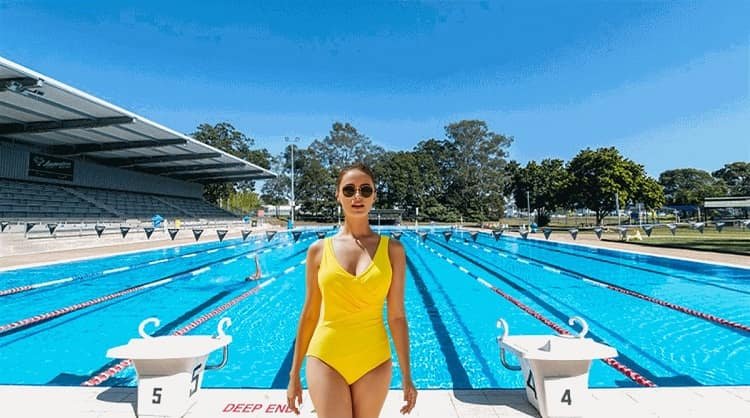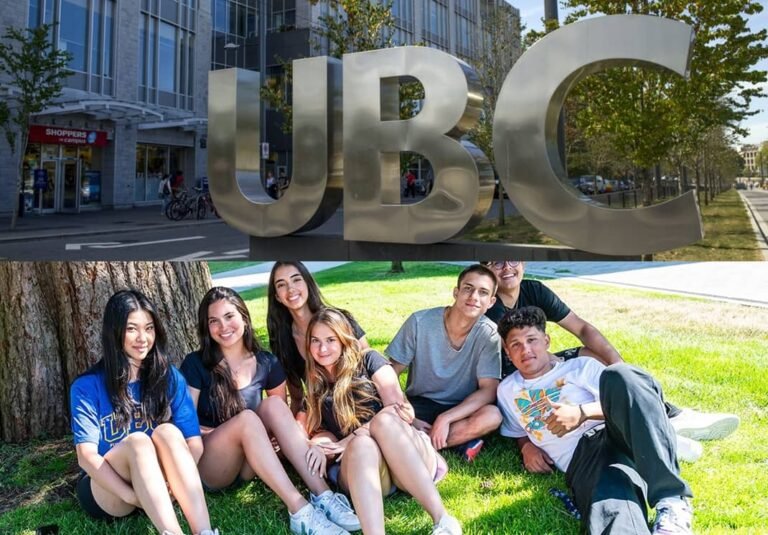Do Swimmers Get Scholarships?: Yes—swimmers absolutely do get scholarships. In fact, thousands of talented swimmers around the world earn scholarships every year to pursue their academic and athletic dreams, especially in countries like the United States, where collegiate sports are a major part of the higher education system. But the journey to earning a swimming scholarship is about much more than just being fast in the water; it’s about strategy, discipline, academics, and choosing the right opportunities.

Types of Swimming Scholarships | Do Swimmers Get Scholarships?
There are several kinds of scholarships available to swimmers, and they typically fall into two broad categories: athletic scholarships and academic/merit-based scholarships for athletes.
- NCAA Division I & II Scholarships (USA)
These are the most competitive and well-known scholarships. The National Collegiate Athletic Association (NCAA) oversees most college sports in the U.S., including swimming and diving. Division I schools often have the largest budgets and the most full or partial scholarships. Division II schools also offer athletic scholarships but tend to have fewer resources than Division I. Division III schools do not offer athletic scholarships directly but may give merit or need-based aid to strong student-athletes. - NAIA and NJCAA Scholarships
The National Association of Intercollegiate Athletics (NAIA) and the National Junior College Athletic Association (NJCAA) also offer swimming scholarships. These can be excellent opportunities for swimmers who want to develop further before transferring to a bigger program or who are looking for smaller school environments. - International Scholarships
Countries like the UK, Australia, and Canada may offer university sports scholarships as well, but they are often less widespread or generous than in the U.S. However, elite athletes may be eligible for national sports programs that support their training and education simultaneously. - Private and Organizational Scholarships
Many nonprofit organizations and companies offer scholarships to student-athletes in swimming. For example, USA Swimming offers several scholarships for high-performing student-athletes, and some community foundations have funds specifically for swimmers.
How Much Are Swimming Scholarships Worth?
The value of a swimming scholarship can range from a few thousand dollars to a full ride covering tuition, room, board, books, and other expenses.
- Full-ride scholarships are rare and usually reserved for elite athletes who rank among the top in the nation.
- Partial scholarships are more common and can be stacked with academic awards and need-based aid to help cover total costs.
Who Is Eligible?
To qualify for a swimming scholarship, athletes usually must meet a combination of athletic and academic requirements.
Athletic Requirements:
- Consistent competitive performance in high school or club swim meets
- Strong national or state-level rankings
- Demonstrated commitment to the sport
- Technical skills in various strokes (freestyle, breaststroke, butterfly, backstroke)
- Participation in regional or international competitions can significantly boost visibility
Academic Requirements:
International Scholars Program at the University of British Columbia, Canada
- Minimum GPA and SAT/ACT scores as required by the NCAA or the respective university
- Good standing in school and community
- Demonstration of leadership, discipline, and time management skills
How to Increase Your Chances
- Start Early
Ideally, swimmers should begin preparing for scholarship opportunities by their sophomore year of high school. This includes working on technique, participating in competitive meets, and maintaining strong grades. - Build a Recruiting Profile
A digital portfolio with your swimming times, competition history, highlight videos, and academic record can be a powerful tool. Websites like NCSA (Next College Student Athlete), BeRecruited, and Swimcloud are great platforms to connect with college coaches. - Reach Out to Coaches
Don’t wait for them to find you. Email coaches at schools you’re interested in, include your times, academic info, and why you’re interested in their program. Personalization goes a long way. - Participate in College Camps
Many universities host swim camps or clinics during the summer. These are great chances to meet coaches in person, get evaluated, and experience college-level training. - Excel in the Classroom
Academic scholarships can often supplement partial athletic scholarships. The stronger your academic record, the more attractive you are to coaches working within scholarship limits.
Monash International Tuition Scholarship – Monash University, Australia
Important Scholarship Stats
- NCAA Division I men’s swimming has 9.9 scholarships per team to divide among the athletes.
- NCAA Division I women’s swimming teams have 14 scholarships.
- Division II programs have slightly fewer, while NAIA schools can offer up to 8 scholarships per team.
- Scholarships are usually one-year renewable contracts, not guaranteed for four years.
Real-Life Success Stories
Take the example of Katie Ledecky, one of the most decorated American swimmers, who committed to Stanford University with strong academic and athletic credentials. Though she later turned pro, her journey began in the high school and college recruiting pipeline.
Lakehead University International Scholarships in Canada
Another case is Caeleb Dressel, a seven-time Olympic gold medalist, who swam for the University of Florida on an athletic scholarship. Their stories show that top athletes can successfully blend academics with elite competition, often funded by swimming scholarships.
Challenges Swimmers Face
- Intense Competition: Swimming is a high-commitment sport, and top scholarships go to a small percentage of athletes.
- Injuries: A swimmer’s performance can be interrupted by injury, which may affect scholarship renewal.
- Time Management: Balancing college academics with a rigorous training schedule can be challenging.
- Limited Spots: With limited scholarships per team, many swimmers receive only partial aid.
Conclusion
So, do swimmers get scholarships? Absolutely. From NCAA Division I programs to junior colleges and international opportunities, swimmers who combine athletic skill with academic discipline have many pathways to earn financial aid for college.
However, success doesn’t come overnight. It requires early preparation, strategic outreach, and consistent performance both in the pool and in the classroom. Whether your goal is to compete at the Olympics or simply swim competitively while earning a degree, a swimming scholarship can help make that dream a reality.
If you’re a young swimmer with big goals, dive in early, train hard, study smart, and explore every available opportunity. Your scholarship journey starts now. 🏊♂️🎓💦
More Scholarships:















